As the appeal of streetwear continues to saturate the fashion industry, one notable name beckons the attention of both luxury consumers and street consumers alike: Rick Owens. A juxtaposition of high-quality fabric and exaggerated aesthetic, Rick Owens has developed a cult following that rivals even the most enduring fashion houses in the industry. The allure of Rick Owens has attracted the likes of celebrity fans, from Rihanna and A$AP Rocky to Jennifer Lopez and Victoria Beckham, blending the lines of conventional chic with bold intemperance. The oxymoronic statement that Rick Owens presents has also inspired novice streetwear designers, like Kanye West — who acknowledged Rick Owens’s influence on the Yeezy collections — while simultaneously inspiring versed designers such as Donna Karan and Vera Wang, the latter who incorporates a twinge of anomalous exaggeration in her exquisite bridalwear.
The noticeability of a Rick Owens follower is pronounced with head-to-toe garments that mark the signature Rick Owens aesthetic of drapery over tailoring. The fabrics are a mixture of plush textures, with just enough structure to make the motion of the garments flow seamlessly. Even the signature Rick Owens shoe has a unorthodox structure that is sleek enough for high fashion but cool enough for streetwear.
After the Rick Owens AW17 show in Paris. Photo: highsnobiety.com
The very thing that makes Rick Owens so enigmatic is the same thing that makes his designs so iconoclastic: you can’t strictly define his demographic. His collections aren’t necessarily streetwear, but they aren’t necessarily made for the average nine-to-fiver either. The dark hues and monochrome complexions dance on the line of gender severance that challenge fashion’s social construct. But isn’t that what fashion is about? Redefining the norm? Being paradoxical (and as such, 'cool')?
You don't create a cult following without resonating on a deeper emotional level with your consumer. Rick Owens collections cater to individuals who do indeed want to redefine the norm. They want to scream their un-basic-ness from the rooftops. These individuals are iconoclasts who use fashion as a bold expression of who they are. It’s a fierce creativity that undermines the opinions of the obstinate, but plays by the rules just enough to be considered creatively genius. This is the creative expression of where fashion is headed. Creativity unleashing its originality in all industries (technology, culinary, art, etc) is why consumers are more open to an unorthodox designer like Rick Owens. It’s a generational wave of creative expression. Owens’s creative expression has also found success in transitioning his aesthetic prowess to furniture design, once again blending the lines of two different industries, with the intent of conserving the integrity of creative expression over commercialism. And in line with being creative, an iconoclast, and an outside-the-box-thinker, to date our study confirms that those who favor avant-garde brand such as Rick Owens or Gareth Pugh do score higher on a personality trait that psychologists call "Openness to Experience". Further investigation is required to link the brand to other psychological traits, and examine what the commercial implications of that may be.
“I always did feel that I was kind of outside the mainstream”, says Owens in a 2017 Vogue interview. “I’m very niche, and I was always ok with that”. Owens would be the first to tell you that his unexpected commercial appeal is something that he was never interested in when first starting out over twenty years ago. “Sometimes commercial success is a little bit more tangible than aesthetic success”, says Owens in a New York Times Style Magazine article. But, as seen by many devout Rick Owens followers, when consumers believe in the integrity of a brand’s quality, the influence of the brand exceeds the norm.
A few of Rick Owens's famous fans, including Jennifer Lopez, A$AP Rocky, Alicia Keys, Vera Wang, Gwyneth Paltrow and Kim Kardashian.
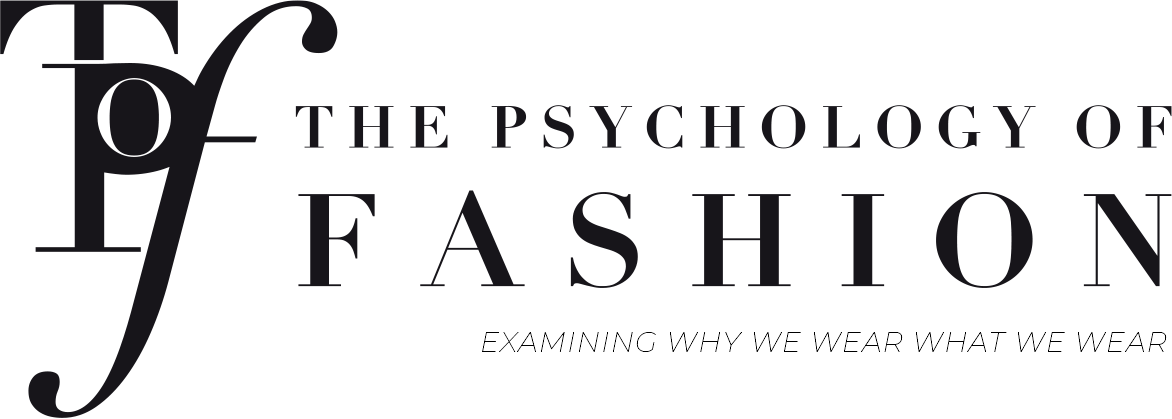


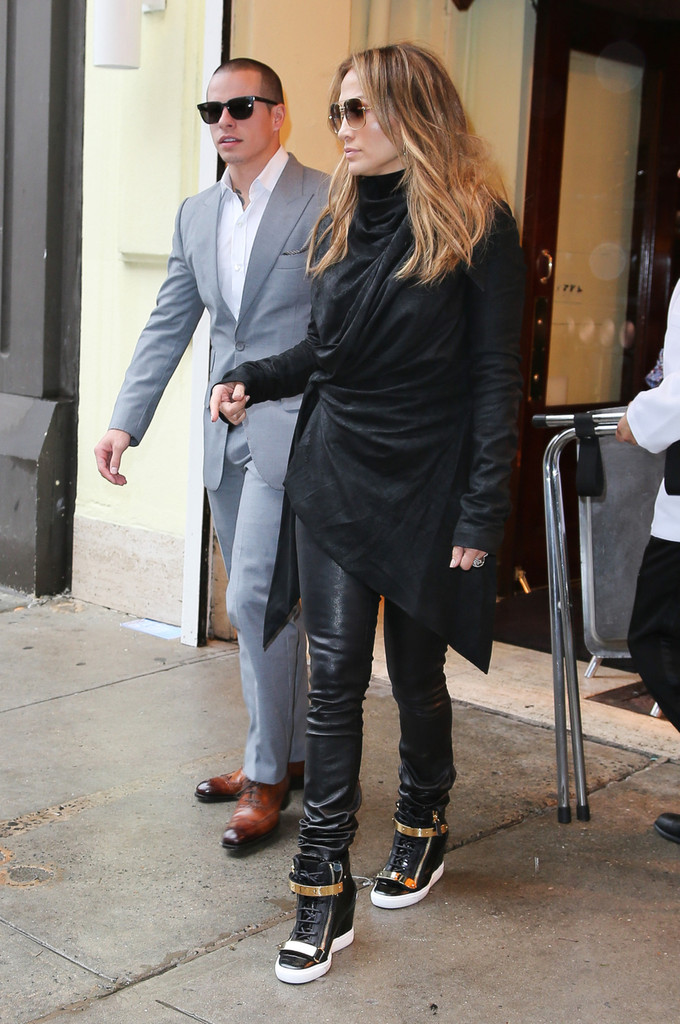
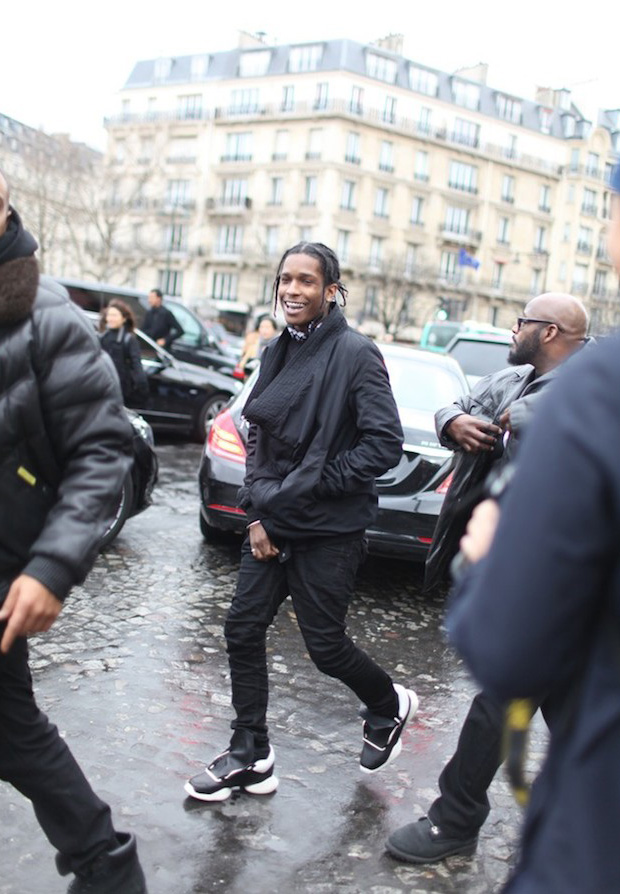
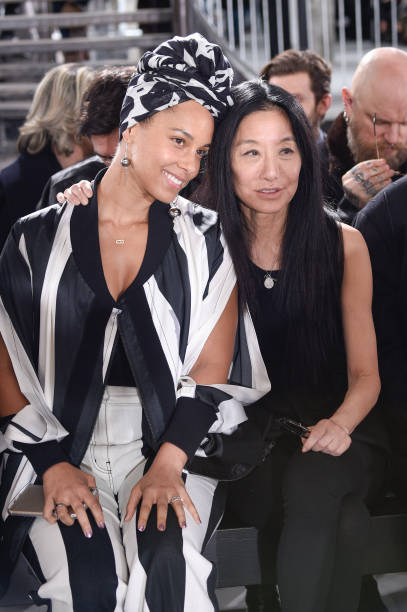
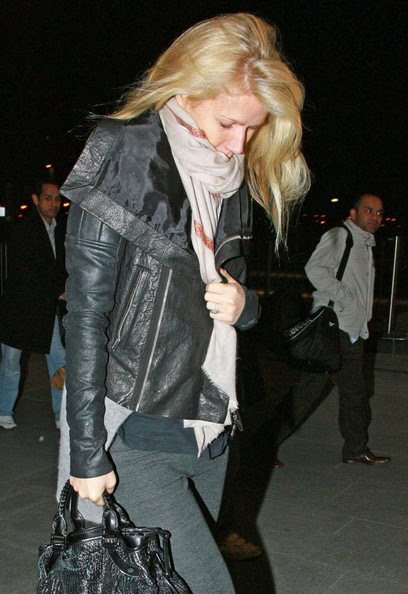
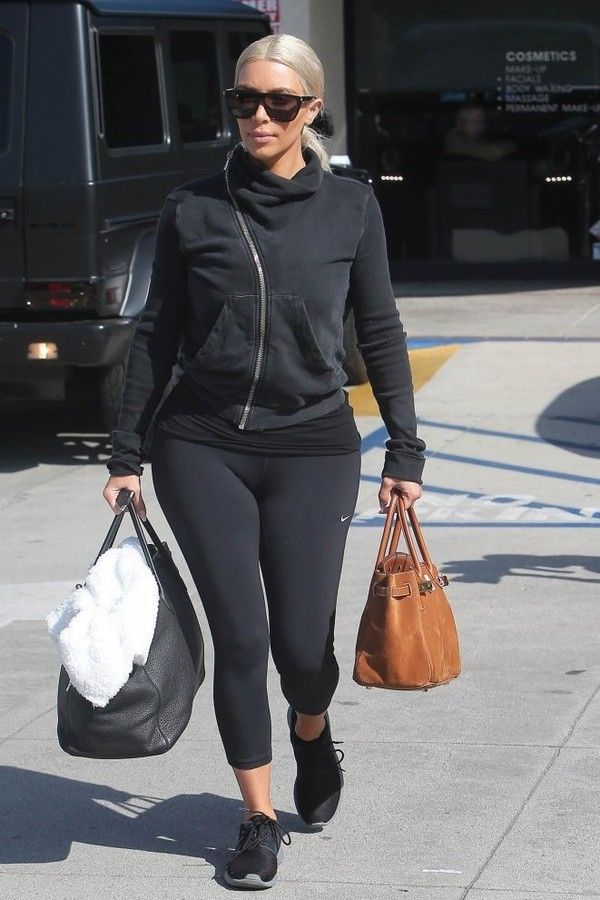









As news of PSYKHE’s launch spreads, The Psychology of Fashion and PSYKHE’s founder Anabel Maldonado sat down with editors at Forbes and WWD to discuss the platform, the journey and why the world needs personalization powered by AI and psychology.